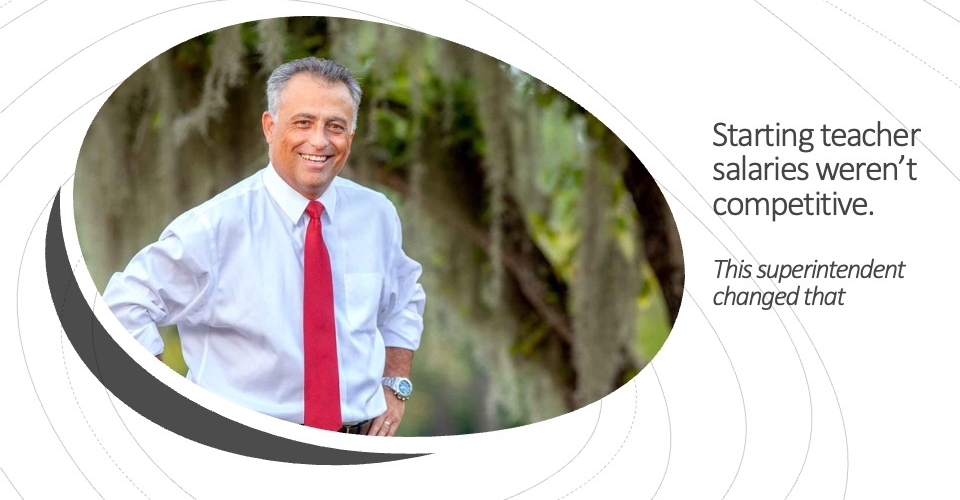Over the past few years, we’ve witnessed a dramatic shift in the types of conversations that are allowed in public school classrooms. Several states have gone as far as to implement legal consequences for educators—even school librarians—for encouraging controversial classroom discussions, usually about race and LGBTQ-related topics. Now, teachers and students are voicing their opinions about these decisions.
More than 40% of teachers believe current curriculum-related debates about K12 education have negatively impacted their jobs, according to new research from the Pew Research Center. In contrast, just four percent believe these debates have had a positive impact, while 53% perceive neither a positive nor a negative impact.
As a result of these policy decisions, 71% of teachers say they don’t have enough influence over what’s being taught in their local public schools.
“In turn, a majority of teachers (58%) say their state government has too much influence over this,” the report reads. “And more say the federal government, the local school board and parents have too much influence than say they don’t have enough.”
The legacy of slavery
One of the most pressing topics that influence state policy decisions for K12 education is that surrounding slavery. Last year, for instance, Florida announced new African American history standards that suggested some Black people benefited from slavery because it taught them useful skills, NBC News reports. The majority of Black students, however, want a more transparent education on the subject.
According to the Pew Research Center, 79% of Black teenagers say they would prefer to learn that the impact of slavery still affects Black people today. Similarly, 64% of teachers share this view.
Overall, nearly half (48%) of all teens believe the legacy of slavery still has an impact on Black people today.
LGBTQ issues
Another topic that’s been labeled too controversial for classroom discussion in several states pertains to LGBTQ-related issues. For instance, between July 2021 and June 2023, there were nearly 5,900 instances of book bans across 41 states and 247 school districts, according to research from PEN America. The bans reflect a “sustained focus” among legislators to remove books that include controversial narratives, including LGBTQ+ characters and topics.
More from DA: Supreme Court clears way for elite high school’s race-neutral policy
The Pew Research Center’s report, however, suggests mixed feelings about sexual orientation or gender identity-related discussions in school.
According to the data, 62% of elementary school teachers believe students should not learn about gender identity at school. This is also true for 45% of middle school teachers and 35% of high school teachers.
“Views differ among elementary, middle and high school teachers,” the report reads. “But teachers across the three levels are more likely to say students should learn that a person’s gender can be different from their sex at birth than to say students should learn gender is determined by sex at birth.”









